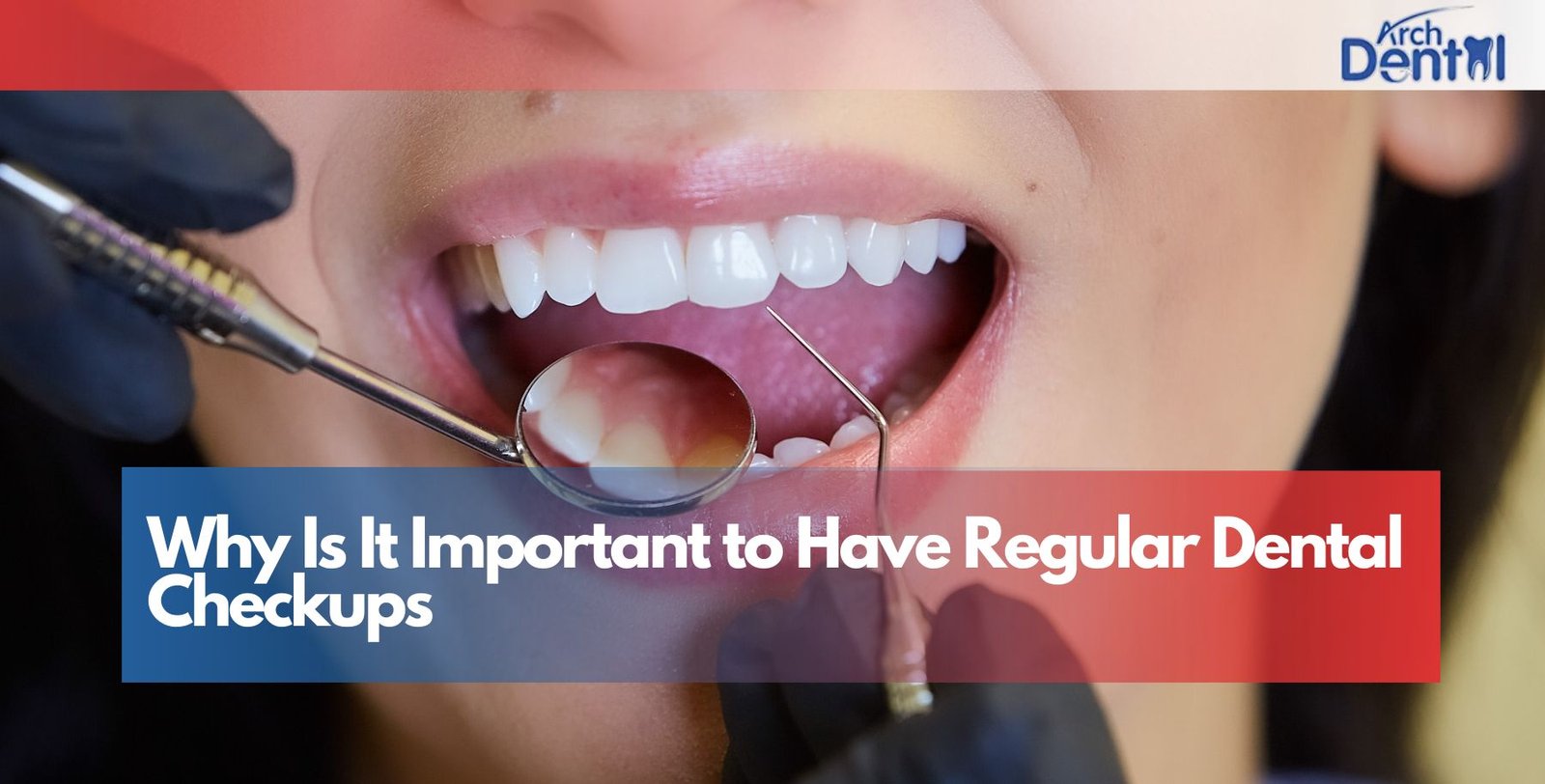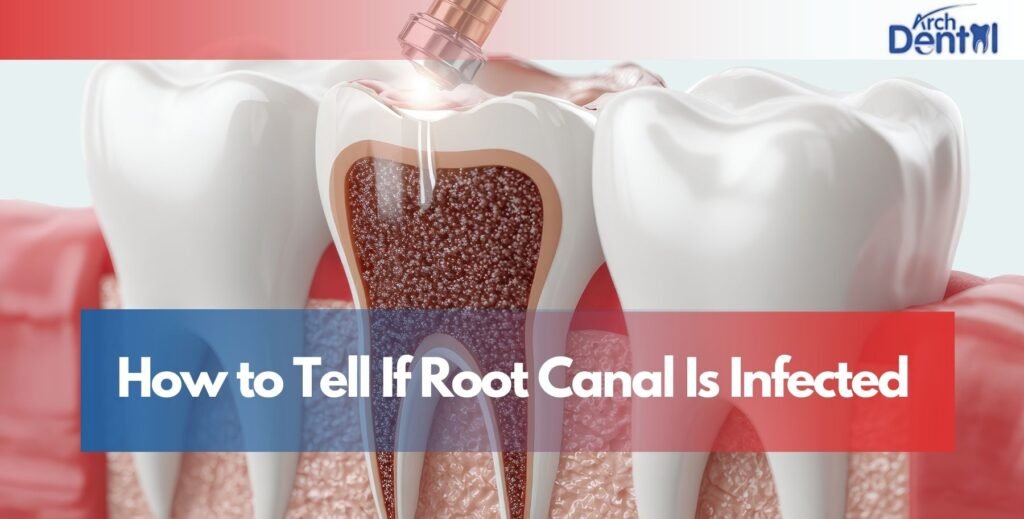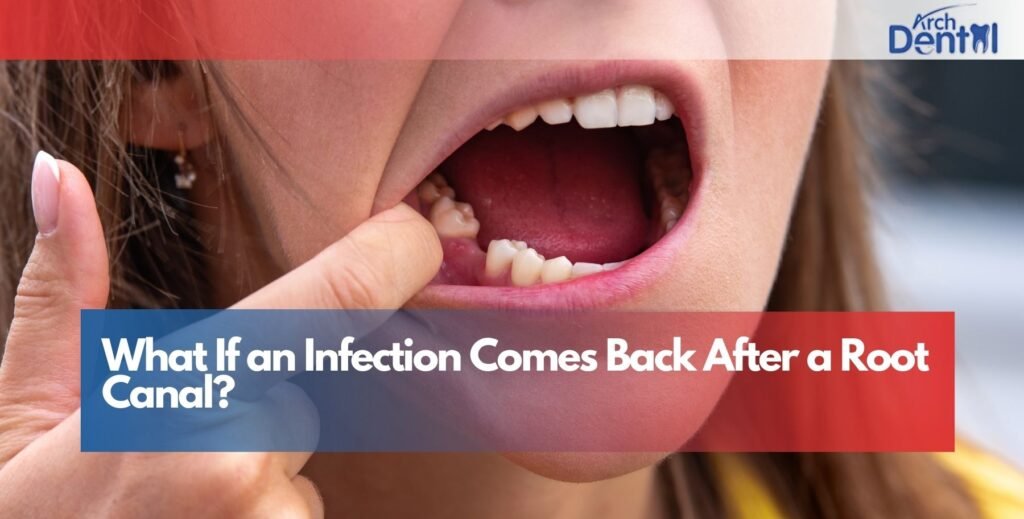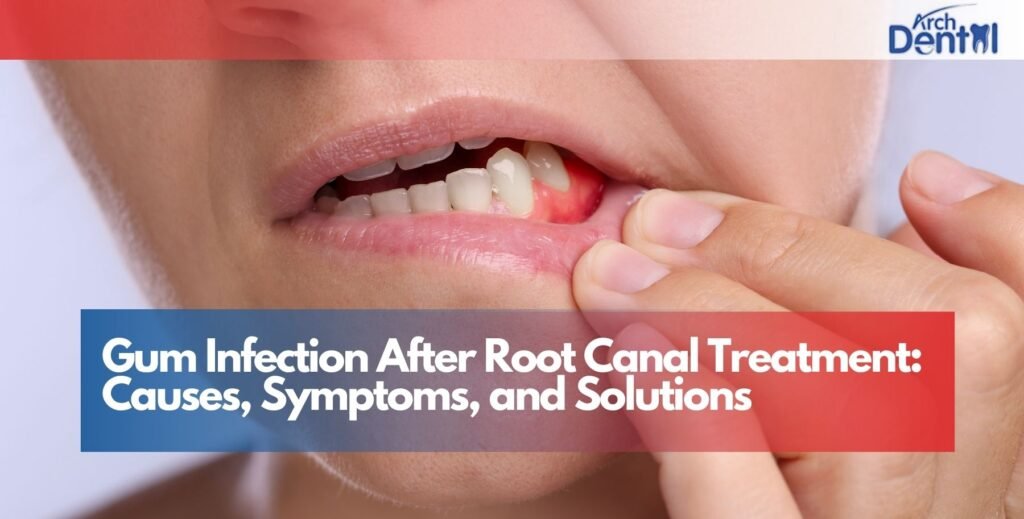Taking care of your oral health is one of the most important steps you can take for your overall well-being. Many people don’t realize how closely dental health is connected to the rest of the body. While brushing and flossing every day are essential, they’re not enough on their own. Regular dental checkups help detect problems early, prevent long-term damage, and keep your smile healthy for years.
This in-depth guide explains why routine visits matter, how they protect your teeth and gums, and how they play a major role in your long-term health.
The Purpose of Regular Dental Checkups
Dental checkups are not just about cleaning your teeth. They are a complete assessment of your oral health. Dentists examine your teeth, gums, jaw, bite, and soft tissues to identify even the smallest signs of trouble.
Why Early Detection Matters
Most dental problems start small and painless cavities, gum inflammation, enamel erosion, and minor infections often go unnoticed. Early detection helps prevent expensive and painful dental procedures in the future.
A Holistic Look at Your Oral Health
Dentists also look for signs of oral cancer, jaw disorders, bite problems, and general health issues that may show symptoms in the mouth, such as diabetes or vitamin deficiencies. Regular exams protect more than your teeth they support your overall health.
Preventing Cavities, Decay, and Tooth Damage
Cavities are among the most common oral health issues, and they often go unnoticed until they become serious. Dental checkups prevent cavities from progressing and protect your enamel from long-term damage.
How Dentists Detect Cavities Early
Even the smallest cavity is easier to treat when caught early. Dentists use X-rays, visual exams, and advanced tools to find cavities that may be hidden between teeth or under the surface.
The Importance of Enamel Protection
Enamel does not grow back once it’s lost. Dental checkups help ensure your enamel stays strong with fluoride treatments, preventive care, and early intervention when needed.
Regular Dental Checkups Reduce the Risk of Gum Disease
Gum disease starts silently but can quickly become a major health issue. Routine exams help prevent plaque buildup and detect early gum inflammation.
Identifying Early Signs of Gingivitis
Bleeding gums, swelling, and tenderness are early symptoms. Dentists spot these signs before they turn into more serious periodontal disease.
Preventing Advanced Gum Disease
Untreated gum disease can lead to:
• Tooth loss
• Bone loss
• Chronic infections
• Gum recession
• Bad breath
Routine checkups help maintain healthy gums and prevent the progression of disease.
Professional Dental Cleanings for Long-Term Health
Professional cleanings are one of the biggest benefits of regular dental visits. Even with excellent brushing and flossing, plaque and tartar build up in hard-to-reach areas.
Why Professional Cleanings Are Essential
Tartar cannot be removed at home. Hygienists use special tools to eliminate buildup and prevent gum disease, decay, and staining.
Smoother, Brighter, and Cleaner Teeth
Scaling and polishing remove surface stains and leave your teeth feeling fresh, smooth, and visibly cleaner. This also helps prevent bacteria from sticking easily to your enamel.
How Dental Checkups Help Prevent Tooth Loss
Tooth loss is almost always preventable. Routine exams play a key role in keeping your natural teeth for life.
Monitoring Tooth Stability
Dentists look for signs of mobility, bone loss, and decay that compromise tooth stability. Early treatment saves teeth before irreversible damage occurs.
Protecting the Supporting Structures
Healthy gums and strong jawbone support your teeth. Regular care keeps the entire foundation of your smile healthy.
Detecting Oral Cancer Early Can Save Lives
Oral cancer screenings are a critical part of every dental checkup. Many patients are unaware they even receive this screening but it can be life-saving.
How Dentists Screen for Oral Cancer
A dentist examines the tongue, cheeks, gums, throat, lips, and roof of the mouth for unusual spots, lumps, or color changes.
Why Early Detection Is Critical
Oral cancer is highly treatable when caught early. Since symptoms may not appear right away, routine screenings help detect abnormalities before they become serious.
The Link Between Oral Health and General Health
Your mouth is connected to many systems of the body. Problems in the mouth often reflect deeper issues.
Heart Health and Gum Disease
Research shows a strong link between gum disease and heart problems. Bacteria from infected gums can enter the bloodstream and contribute to inflammation affecting the heart.
Diabetes and Oral Symptoms
People with diabetes are at greater risk for gum disease, and gum infections can make blood sugar harder to control. Regular dental visits help manage these interconnected health issues.
Inflammation and Immune Response
Chronic infections in the mouth can weaken the immune system and create problems throughout the body. Regular checkups reduce long-term inflammation.
Why Dental X-Rays Are Important During Checkups
X-rays reveal problems that are invisible during visual exams. They play a key role in diagnosing dental issues early.
What X-Rays Detect
X-rays help dentists find:
• Hidden cavities
• Impacted teeth
• Bone loss
• Infections
• Cysts or tumors
Safe and Essential Imaging
Modern digital X-rays use minimal radiation. They are safe for both adults and children and are essential for accurate diagnosis.
Preventing Bad Breath and Improving Oral Freshness
Bad breath, or halitosis, affects confidence and social interactions. A dental checkup can help eliminate the root cause.
Finding the Source of Bad Breath
Bad breath is often caused by:
• Gum disease
• Decayed teeth
• Plaque buildup
• Dry mouth
• Infections
A dentist addresses the underlying issue rather than masking the problem.
Professional Cleaning for Fresh Breath
By removing bacteria and tartar, dental cleanings significantly improve breath freshness.
Checkups Help Identify Bite Problems and TMJ Issues
Jaw pain, headaches, and clicking sounds may indicate TMJ (temporomandibular joint) problems. Dental exams help diagnose these issues early.
Evaluating Bite Alignment
A misaligned bite can lead to teeth grinding, jaw strain, and uneven wear. Dentists check how your teeth fit together and recommend treatment if needed.
Detecting Signs of Teeth Grinding (Bruxism)
Grinding causes enamel wear, sensitivity, headaches, and jaw discomfort. Early intervention protects your teeth from long-term damage.
How Routine Visits Support Long-Term Cosmetic Goals
Healthy teeth are the foundation of a beautiful smile. Routine dental exams help maintain aesthetics as well as function.
Stain Prevention and Whiter Teeth
Regular cleanings reduce surface stains caused by coffee, tea, tobacco, and food.
Protecting Cosmetic Work
Crowns, veneers, bonding, and dental implants last longer when monitored regularly by a dentist.
Dental Checkups Are Essential for Children’s Oral Development
Children’s teeth are constantly changing. Early dental care sets the foundation for lifelong oral health.
Early Detection of Developmental Issues
Dentists monitor how a child’s teeth are coming in and detect problems with spacing, alignment, or bite.
Teaching Kids Healthy Habits
Routine visits help children learn proper brushing, flossing, and eating habits that protect their teeth as they grow.
Why Dental Checkups Are Important for Seniors
As people age, their oral health needs change. Seniors face a higher risk of tooth loss, dry mouth, gum disease, and weakened enamel. Routine checkups help manage these challenges before they turn into severe problems.
Managing Age-Related Dental Concerns
Seniors are more prone to cavities along the gumline because gums naturally recede with age. Regular exams help detect decay early and protect the roots of teeth before damage spreads.
Protecting Restorations and Dental Work
Crowns, bridges, dentures, fillings, and implants all require monitoring. Dentists ensure these restorations stay secure and functional. Small adjustments prevent discomfort and extend the life of dental work.
The Importance of Dental Checkups During Pregnancy
Pregnancy brings major hormonal changes that affect oral health. Skipping checkups during this time can increase risks for both mother and baby.
How Hormones Affect Gums
Pregnancy gingivitis is common and causes swelling, bleeding, and tenderness. Untreated gum disease has been linked to premature birth and low birth weight. Regular exams help control inflammation and maintain gum health.
Managing Morning Sickness and Enamel Erosion
Frequent vomiting exposes teeth to acids that weaken enamel. Dentists provide enamel-protecting strategies to keep the teeth strong throughout pregnancy.
How Skipping Dental Checkups Leads to Costly Treatments
Many people avoid checkups to save time or money, but avoiding preventive visits often leads to bigger expenses.
Small Problems Become Big Problems
- A small cavity becomes a root canal
• Minor gum inflammation becomes periodontal disease
• A cracked tooth becomes a crown or extraction
Routine visits stop problems early, saving thousands in restorative treatment.
Emergency Dental Visits
Dental emergencies infections, severe pain, broken teeth— often happen when small issues have been ignored. Regular checkups reduce the risk of emergencies significantly.
The Emotional and Mental Benefits of Regular Checkups
Oral health affects confidence, comfort, and emotional well-being. Dental visits play a larger role than most people realize.
Confidence in Your Smile
A healthy smile boosts self-esteem. Cleanings remove stains, and routine exams prevent visible issues such as dark spots, inflammation, or cracked teeth.
Reduced Anxiety Through Prevention
Knowing your mouth is healthy removes stress. Preventive care avoids the pain, discomfort, and anxiety that come with sudden dental problems.
What Happens During a Routine Dental Checkup?
Understanding the process helps make each visit more comfortable and predictable.
Step 1: Medical and Dental History Review
Your dentist checks for health changes, medications, allergies, and oral symptoms you’ve noticed.
Step 2: Thorough Visual Exam
The dentist examines your gums, teeth, soft tissues, and jaw. This helps detect decay, inflammation, infections, or abnormalities.
Step 3: Dental X-Rays
X-rays show hidden issues including bone loss, cavities between teeth, impacted teeth, or underlying infections.
Step 4: Professional Cleaning
A hygienist removes plaque and tartar, polishes your teeth, and reviews your brushing technique.
Step 5: Personalized Treatment Plan
Your dentist explains findings, discusses next steps, and creates a tailored plan for preventive or restorative treatments.
The Role of Regular Dental Checkups in Long-Term Oral Health
Consistent checkups help maintain a healthy smile for life. They combine prevention, education, monitoring, and early intervention to protect your teeth, gums, and overall wellness.
Maintaining Gum and Bone Health
Healthy gums support your teeth and protect your jawbone. Routine exams prevent gum disease, preserving both gums and bone for long-term stability.
Maintaining a Balanced Bite
Dentists track how your bite changes over time and diagnose habits like grinding or clenching. Early correction protects your teeth from uneven wear.
The Connection Between Dental Checkups and Overall Body Wellness
Dental health impacts many other systems in the body. By maintaining regular exams, you reduce risk for broader health issues.
Inflammation and Chronic Diseases
Chronic inflammation from gum disease has been linked to:
• Heart disease
• Stroke
• Diabetes complications
• Respiratory infections
Checkups reduce the oral bacteria that contribute to systemic inflammation.
Early Detection Saves Lives
Because many diseases show early signs in the mouth, dentists often detect symptoms of:
• Oral cancer
• Nutrient deficiencies
• Autoimmune disorders
• Hormonal changes
Dental exams serve as a critical screening tool for whole-body wellness.
How Regular Dental Checkups Support Children, Teens, and Young Adults
Each age group has unique needs. Routine checkups support healthy development from childhood into adulthood.
Children: Building the Foundation
Dentists track how primary teeth erupt, monitor spacing, and teach good habits. Early prevention helps avoid cavities and alignment problems.
Teens: Managing Orthodontic Needs
Dentists monitor wisdom teeth, bite development, and the effects of braces or aligners. They also help teens prevent cavities caused by sugary diets or sports drinks.
Adults: Preserving Long-Term Health
Busy adults often overlook dental visits. Regular checkups prevent the gradual decline of gum health and enamel strength.
Why Professional Guidance Is Better Than Self-Diagnosis
Online searches can help you understand symptoms, but they cannot replace a trained professional.
Hidden Problems Cannot Be Seen at Home
Cavities between teeth, early gum disease, bite issues, and infections are invisible without diagnostic equipment.
Avoiding Misdiagnosis
Self-diagnosis often leads to unnecessary worry or worse, ignoring early symptoms that require treatment. Dentists give accurate, evidence-based recommendations.
How Regular Dental Visits Improve Your Smile’s Appearance
Keeping your smile clean and healthy enhances your confidence and appearance.
Fewer Stains and Discoloration
Dental cleanings remove surface stains caused by coffee, wine, tea, and tobacco.
Healthier Gumline
Gum inflammation causes the gums to appear red, swollen, or receded. Routine care restores a healthier, more attractive gumline.
Preventing Tooth Wear
Grinding, poor brushing technique, and misalignment can cause severe tooth wear. Regular checkups catch these issues early.
How Dental Checkups Help Identify Sleep Disorders
Your dentist can often spot signs of problems related to sleep and breathing.
Signs Dentists Look For
- Teeth grinding
• Jaw clenching
• Worn enamel
• Enlarged tonsils
• Receding gums from mouth breathing
These signs may indicate sleep apnea or airway issues.
Referral for Sleep Apnea Evaluation
If symptoms appear, your dentist may recommend a sleep study. Addressing sleep issues improves overall health, daytime energy, and mood.
Common Myths About Dental Checkups
There are many misunderstandings that keep people from visiting the dentist regularly.
Myth 1: “My teeth don’t hurt, so I don’t need a checkup.”
Most problems begin without pain. Pain usually means the issue has already progressed.
Myth 2: “Cleanings damage teeth.”
Cleanings remove hard deposits; they do not harm enamel.
Myth 3: “Dental visits are too expensive.”
Preventive care is far cheaper than fixing major issues like root canals, crowns, or extractions.
The One Time Use Keyword Requirement
Here is your required keyword used naturally:
Regular Dental Checkups are essential because they help detect early signs of oral health issues, reinforce good hygiene habits, and prevent serious complications that could impact long-term wellness.
Conclusion
Regular dental checkups are one of the most important habits for maintaining strong teeth, healthy gums, and overall body wellness. They help detect issues early, prevent costly treatments, protect your smile, and support long-term confidence and comfort.
Whether you are a child, teen, adult, senior, or expecting parent, routine dental care plays a vital role in lifelong health.
If you want expert, personalized care to keep your smile healthy, schedule a visit with a trusted Dentist in Northampton, MA and take the first step toward lasting oral well-being.
FAQs
How often should I have a dental checkup?
Most people should visit the dentist every six months, but some may need more frequent visits depending on their oral health.
Do dental checkups hurt?
No. Dental exams and cleanings are generally comfortable. If you have sensitive gums, your hygienist will adjust the cleaning technique to keep you comfortable.
Are X-rays necessary every visit?
Not always. Your dentist determines when X-rays are needed based on your history and risk for dental issues.
Can regular checkups prevent cavities?
Yes. Professional cleanings remove plaque and tartar that brushing cannot remove, reducing cavity risk.
Why do my gums bleed when I brush?
Bleeding gums may indicate gingivitis or gum disease. A dental checkup helps diagnose the cause and prevent it from worsening.
Are dental checkups important for kids?
Absolutely. Kids need routine visits to monitor development, prevent cavities, and build healthy habits.





